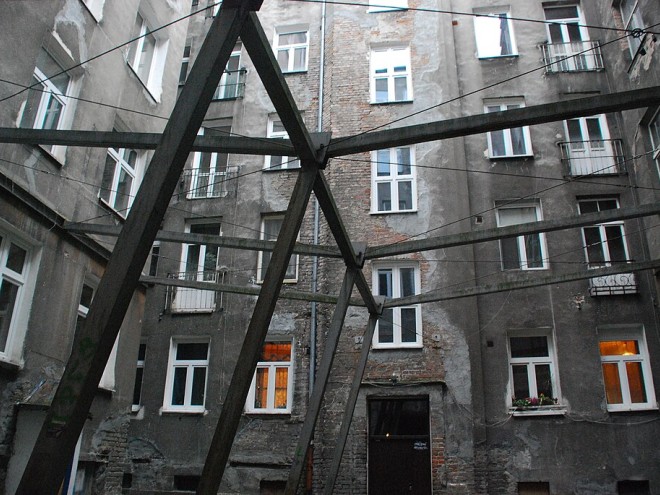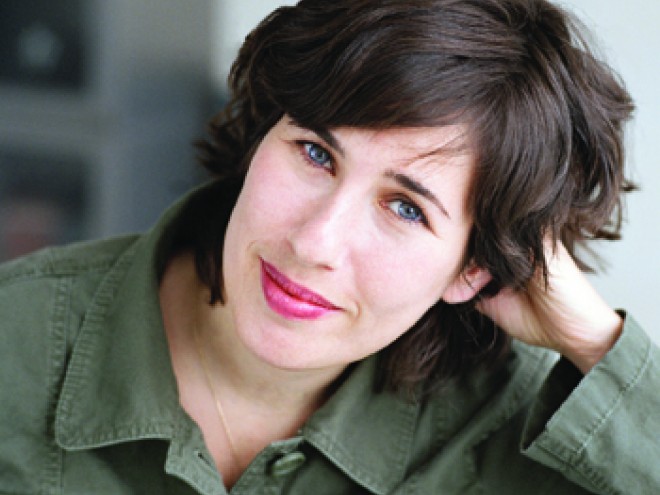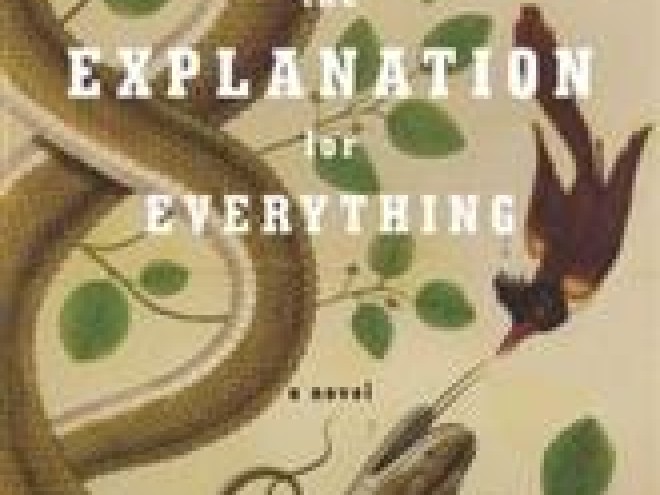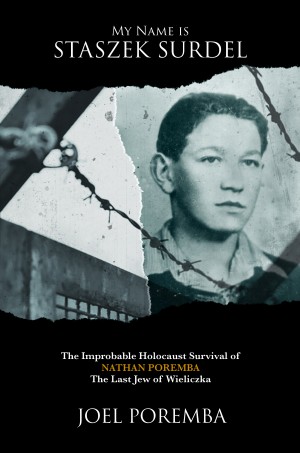We Must Not Think of Ourselves is a novel so exquisitely written that it elevates tragedy to art, and beyond art, to a soul-expanding testament.
It is faith that animates this book — the faith that life, and love, can survive annihilation. It’s based on the story of Emanuel Ringelblum, who began a secret project at the Warsaw Ghetto in 1941. Interestingly, the project’s name was “Oneg Shabbat” — the pleasure of the Sabbath. Its mission was to record interviews with confined Jews, collect their testimonies, archive them, and preserve them for posterity. These stories were buried in large milk cans under the doom-laden ghetto in which few survived, most having died of hunger, typhus, or transport to the gas chambers. The hidden testimonies captured the everyday life of a range of Warsaw Ghetto citizens, from children to the elderly, and from the ardently devout to the worldly and agnostic.
The central character in the novel is the fictional Adam Paskow, an assimilated teacher of English who’s been commissioned by Ringelblum himself to help with the project. Only nominally Jewish, Adam was once married to Kasia, a woman from an influential Polish family. He taught Latin and German at a prestigious Warsaw Lyceum, and he and Kasia reveled in their cozy domesticity. The things he took for granted are heartbreakingly mundane:
We bought our coffee at the general store on Mokotow Street — the nicer one — the one that always had enough sugar, salt, flour, paper, ink, cotton balls … thread, envelopes, and nail scissors. The one that had a telephone on the wall that anyone could use at any time, providing he or she had five groszy. A store that never had a reason to turn me away.
Then, in November 1940, Adam was removed from his comfortable apartment and imprisoned in the Warsaw Ghetto. Kasia died while life was still “normal,” and her Polish Catholic father is complicit in Adam’s displacement from his home and all the treasures in it. As an imprisoned Jew, Adam teaches children English in a basement. One is a loner who, in between bouts of smuggling food, escapes to the rooftop to give his mind space to roam. Another is a girl with ringleted hair who dreams of one day becoming a Hollywood star. Other participants in Adam’s world include the families with whom he shares a crowded apartment. Among them is Sala Wiscoff, a woman with a boorish husband and two rambunctious sons. The Wiscoffs’ bed lies next to Adam’s own, the thin pallets separated only by a makeshift curtain. Over the course of the novel, as the Nazis starve out and liquidate the ghetto, Sala and Adam become friends, then lovers, then soulmates.
Yet Adam and Sala’s relationship is, like each testimonial collected in a vast milk can, only one part of the whole. This book allows us to imagine the entire universe that existed within the Warsaw Ghetto. Chastened by years of suffering, Adam reflects, “I wanted to say the blessings I barely knew and speak Yiddish and be with my students and their families and their history and future. (This is what they meant when they called it Oneg Shabbat. A feeling of comfort and joy that I knew I would find very hard to replace.)”
Through stories like We Must Not Think of Ourselves, we do find joy. The world of the ghetto can’t be replaced, but here, it is restored. An undying spirit remains, passed word by word from author to reader, and from one Jewish soul to another.





